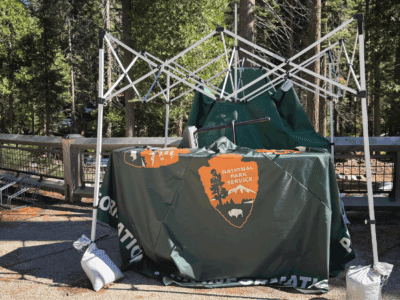Pay to Play
The reconciliation bill has a new approach to try and change substantive law
I posted earlier about a provision in the House reconciliation bill that attempts to effectively repeal NEPA by allowing sponsors of projects to pay a fee to avoid any judicial review of NEPA documents. That provision is not unique, and indeed it looks like House Republicans are trying to develop a new tool to use reconciliation (which can avoid a Senate filibuster) to alter substantive law. Similar pay to play provisions exist elsewhere in the bill.
For instance, Section 41004 creates a similar provision that allows a sponsor of a liquid natural gas terminal seeking approval from FERC to pay a fee and in return get expedited approval and avoid judicial review by any opponents of the projects. And as I noted in my earlier blog post, Sections 80103 and 80104 use a similar approach to streamline review of certain oil and gas drilling permits.
We’ll see if these approaches pass muster with the Senate parliamentarian. If they do, one can imagine pay to play exploding in popularity with members of both parties when the appropriate time comes. Could one, for instance, be able to pay money to avoid federal criminal penalties? To be able to avoid any restrictions under the Clean Air Act? Alternatively, could new regulatory requirements be imposed through simple majority in reconciliation, unless an enormous (and improbable) fee was paid? We may see the end of the filibuster not through a nuclear showdown on the floor of the Senate, but instead through the smoke and mirror use of fees to cover up what are truly substantive changes of the law.
Reader Comments
One Reply to “Pay to Play”
Comments are closed.






Legalized graft
Both parties – the only ones allowed on ballots